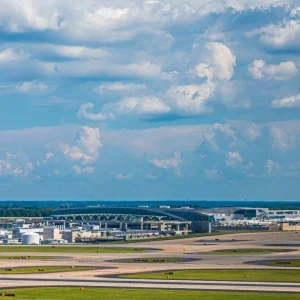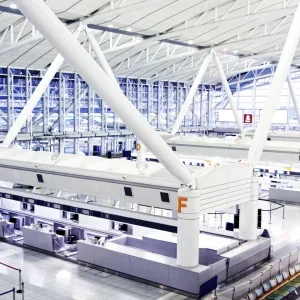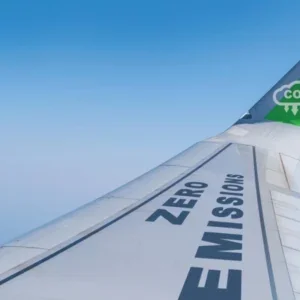Having reported an 18% passenger growth in H1 2019, Wizz Air has gone from strength to strength since its first flight in 2014. The carrier has 110 new technology A321neo aircraft on order with Airbus, which are set to further reduce its cost base as well as its carbon footprint. The airline’s CEO, József Váradi, will discuss the carrier’s aggressive growth strategy during the Routes Europe conference programme. Váradi will be joined by Rickard Gustafson, president and chief executive officer of SAS, and Stein Nilsen, chief executive officer of Widerøe and other leading figures, in debates that will go on to shape the commercial and political agenda for the aviation industry.
A unified platform
Taking place on 27–29 April 2020, Routes Europe 2020 will deliver a unifying platform for the region’s leading and fastest-growing airlines, airports, destinations and aviation stakeholders. Over 1,200 senior decision-makers are expected to attend the event, where more than 4,800 meetings will go on to shape Europe’s future route networks. Senior network planners from easyJet, Lufthansa Group, Air France and Air Baltic are some of the carriers that will be discussing the viability of new and existing routes performances in Bergen. Athens International Airport, Budapest Airport, Katowice Airport and London City Airport are among the organisations that have already confirmed their attendance at Europe’s leading route development event.
The event will be hosted by Avinor, a group responsible for the traffic development of 44 stateowned airports in Norway. The Norwegian Centre for Transport Research has estimated that, by 2040, air travel will grow to around 44 million passengers per year, with intercontinental traffic growing at the highest rate. Having seen Hainan Airlines open a direct route between Beijing and Oslo this year, the organisation will demonstrate Norway’s yearround appeal to the European route development community during the conference. They will be able to showcase the six main Norwegian markets: the hub and the large intercontinental flow at Oslo; Bergen’s strong leisure pull coupled with oil industry, seafood and production; Stavanger’s growing leisure appeal in addition to oil; Trondheim as a leisure and trade destination; the amazing northern lights; and seafood exports.
The forefront of climate change
Norway is a country at the vanguard of the aviation industry’s response to climate change and Avinor is a driving force in this environmental work. In 2016, Oslo Airport became the first international hub in the world where sustainable aviation fuels were available for all airlines on a commercial basis. Avinor has stated its goal to halve emissions by 2022, compared with 2012 and achieve net zero emissions by 2030. Sustainability will form a key theme of Routes Europe, offering a platform for the region’s aviation decision-makers to share best practice and discuss challenges that it currently faces.
A comprehensive programme of meetings, conference sessions and network events will provide Routes Europe delegates with a forum to discuss new business opportunities, share best practice and update their industry knowledge. With a proven track record of delivering results for the community, the event offers the highest concentration of decision-makers for a European route development event and is a ‘must-attend’ for aviation organisations.





